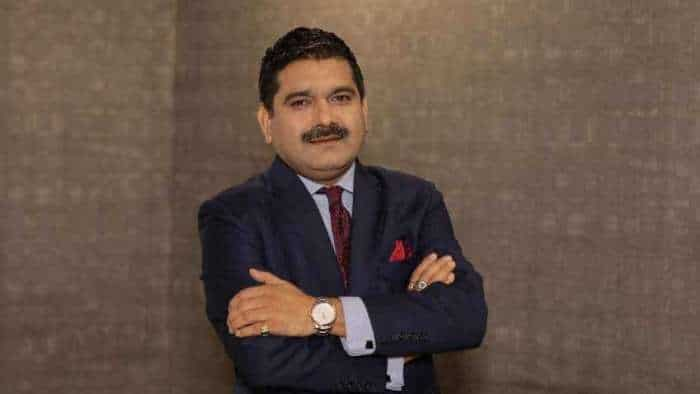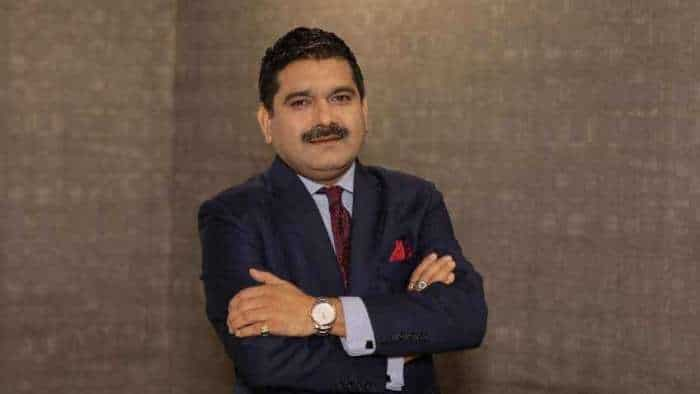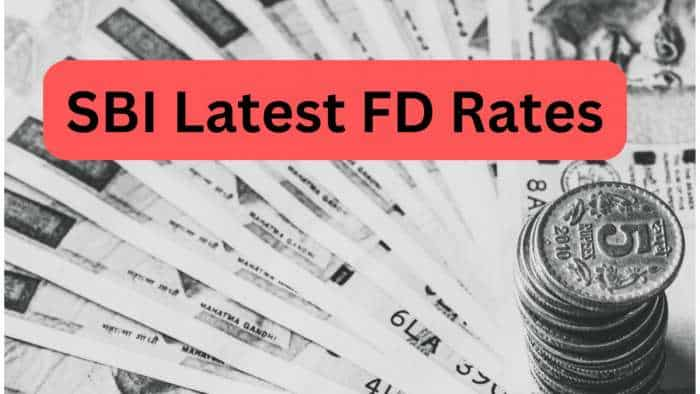Want to claim ITR refund? This is what you must know about Income Tax e-payment
Income Tax e-payment: ITR refund can be filed if income does not exceed the exemption limit due to TDS or advance tax payment.

Income Tax e-payment: When gross annual income exceeds the basic exemption limit of Rs 2.5 lakh, then it's the duty of an earning individual to file an income tax return (ITR). But, during income tax e-payment, claiming the ITR refund is generally forgotten. For such taxpayers, experts' opinion is unanimous - ITR for claiming an income tax refund can be filed if income does not exceed the exemption limit due to TDS or advance tax payment. As per the tax and investment experts, an earning person can also file ITR for claiming the income tax refund in case his or her actual tax liability is lesser than the aggregate of the TDS and taxes paid like advance tax or self-assessment tax.
Normally, one can claim an income tax refund for one year but in cases older than that, an application to the income tax commissioner can be given and after receiving approval, a refund can be claimed. This can be done for the last six years subject to some terms and conditions.
See Zee Business Live TV streaming below:
Elaborating upon how an earning individual can claim an income tax refund for last six years, Balwant Jain, a Mumbai-based tax and investment expert said, "Under Section 119, a taxpayer can make a request to condone the delay in filing of return within six years from the end of the assessment year in respect of which the return is to be filed. So effectively in case of a claim for an income tax refund, you get an extension of five years only as presently also you can file your income tax return for a refund one year after the end of the assessment year."
On who can condone the delay Balwant Jain said, "This circular provides for different authorities who can condone the delay based on the amount invoiced. Any application to condone the delay for claim amount of Rs 50 lakh or more has to be made to CBDT (Central Board of Direct Taxes) only. In case the amount of claim is between Rs 10 lakh and 50 lakh the application will have to be made to the Chief Commissioner of income tax or Principal Chief Commissioner of Income-tax. However, in case the amount involved is less than 10 lakh, the same can be entertained by either Principal Commissioner of income tax or Commissioner of Income Tax."
Jain said that the limits specified are the same whether your application is for an income tax refund or for carrying forward to set off of losses. It may also be noted the above limits apply to each financial year separately and not for the aggregate of the claim for all the years taken together. Before accepting or rejecting the application these authorities are supposed to verify that the claim is correct and genuine. It may be noted that the assessing officer who will eventually process your income tax return can make scrutiny of your claims before granting you a refund or allowing you to carry forward the loss.
Get Latest Business News, Stock Market Updates and Videos; Check your tax outgo through Income Tax Calculator and save money through our Personal Finance coverage. Check Business Breaking News Live on Zee Business Twitter and Facebook. Subscribe on YouTube.
RECOMMENDED STORIES

Largecap, Midcap Stocks To Buy: Analysts recommend buying L&T, Tata Motors, 3 other stocks for 2 weeks; check targets

Power of Rs 15,000 SIP: How long it will take to achieve Rs 7 crore corpus? See calculations to know

Largecap PSU Stock for 65% Gain in New Year: Anil Singhvi picks PSU bank for long term; know reasons and target prices

PPF vs SIP: Rs 12,000 monthly investment for 30 years; see which can create higher retirement corpus

SIP in Stocks For New Year 2025: Market guru Anil Singhvi recommends 1 largecap, 2 midcap scrips to buy in dips; note down targets
01:00 PM IST









 Zomato gets Rs 803.4 crore tax demand from GST authorities
Zomato gets Rs 803.4 crore tax demand from GST authorities  Income tax refunds jump 46.3% to Rs 3.04 lakh crore in April-November
Income tax refunds jump 46.3% to Rs 3.04 lakh crore in April-November No proposal on income tax relief for senior citizens under consideration: Centre
No proposal on income tax relief for senior citizens under consideration: Centre  Income tax return filer base up 2.2 times in 10 years, 5 times growth in Rs 50 lakh-plus income category: Sources
Income tax return filer base up 2.2 times in 10 years, 5 times growth in Rs 50 lakh-plus income category: Sources  This is India's only tax-free state, residents earn crores without paying Income Tax
This is India's only tax-free state, residents earn crores without paying Income Tax